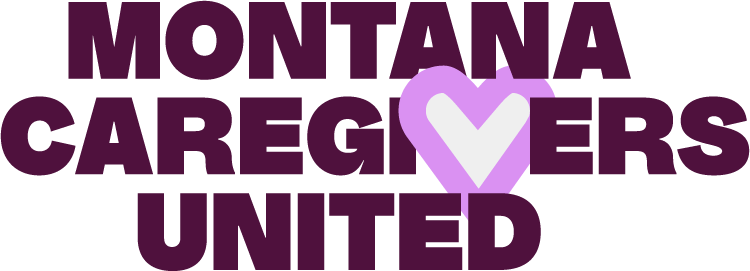NPR published this article a couple days ago highlighting Amanda’s story as a caregiver:
“Amanda Cruz felt her whole identity was shifting. She felt entwined with her mother, body and soul, but mostly all she could do is watch her suffer. She says now that God was pressing her through her fear. Only after her mother died in December would she find out what was on the other side.
The word caregiver helped her connect her with support groups, ask for help, and begin advocating for others like her. More than that, she says, “it completely changed how I see myself.” “Caregiver” validated her reality, her grief, and her sense of purpose.
The creators of caregiver identity theory outlined five phases in the way caregiving shakes up identity. Often, you start by taking on little things like running errands and raking the lawn, but your life is otherwise the same. By the last phases you might well be helping seven days a week with everything from meals to hygiene. You don’t have time for anything else you used to do. Maybe you don’t even really want to. Big things, like parenting and work, can fall by the wayside.
At this point, your old sense of yourself as a worker, spouse, parent or friend doesn’t match up to what you do all day. The person you care for is no longer simply your spouse or grandparent but also a patient, a care recipient or care partner. The disconnect is disorienting.”

